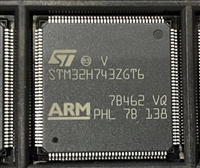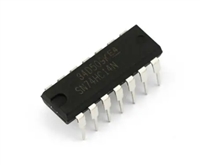Spec No.: JELF243A_9153C-01
P7/9
11.3 Soldering conditions (reflow)
• Pre-heating should be in such a way that the temperature difference between solder and product surface is limited to
100°C max.
Cooling into solvent after soldering also should be in such a way that the temperature difference is limited to 100°C max.
Insufficient pre-heating may cause cracks on the product, resulting in the deterioration of product quality.
• Standard soldering profile and the limit soldering profile is as follows.
The excessive limit soldering conditions may cause leaching of the electrode and/or resulting in the deterioration of
product quality.
Temp.
(℃)
260℃
230℃
Limit Profile
245℃±3℃
220℃
180
150
Standard Profile
30s~60s
60s max.
90s±30s
Time.(s)
Standard profile
Limit profile
Pre-heating
150°C to 180°C/90 s±30 s
Above 220°C/30 s to 60 s
245°C±3°C
150°C to 180°C/90 s±30 s
Above 230°C/60 s max.
260°C/10 s
Heating
Peak temperature
Number of reflow cycles
2 times
2 times
11.4 Reworking with soldering iron
The following requirements must be met to rework a soldered product using a soldering iron.
Item
Requirement
150°C/approx. 1 min
380°C max.
Pre-heating
Tip temperature of soldering iron
Power consumption of soldering iron
Tip diameter of soldering iron
Soldering time
80 W max.
ø3 mm max.
3 s (+1 s, -0 s)
2 times max.
Number of reworking operations
* Avoid a direct contact of the tip of the soldering iron with the product. Such a
direction contact may cause cracks in the ceramic body due to thermal shock.
11.5 Solder volume
Solder shall be used not to increase the volume too much.
An increased solder volume increases mechanical stress on the product. Exceeding solder volume may cause the failure of
mechanical or electrical performance.
MURATA MFG CO., LTD






 STM32H743技术深度剖析与应用案例探索
STM32H743技术深度剖析与应用案例探索

 LM321中文资料解析:引脚功能介绍、技术特点、技术特性分析
LM321中文资料解析:引脚功能介绍、技术特点、技术特性分析

 74HC14芯片资料介绍:性能特性分析、引脚介绍
74HC14芯片资料介绍:性能特性分析、引脚介绍

 LM1875芯片手册:功放参数分析、引脚说明、电路设计要点
LM1875芯片手册:功放参数分析、引脚说明、电路设计要点
